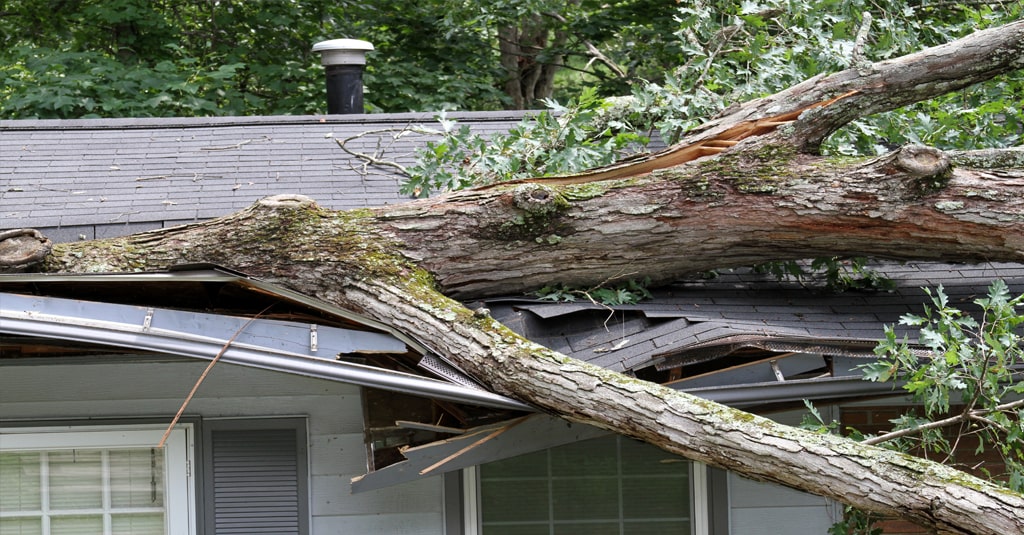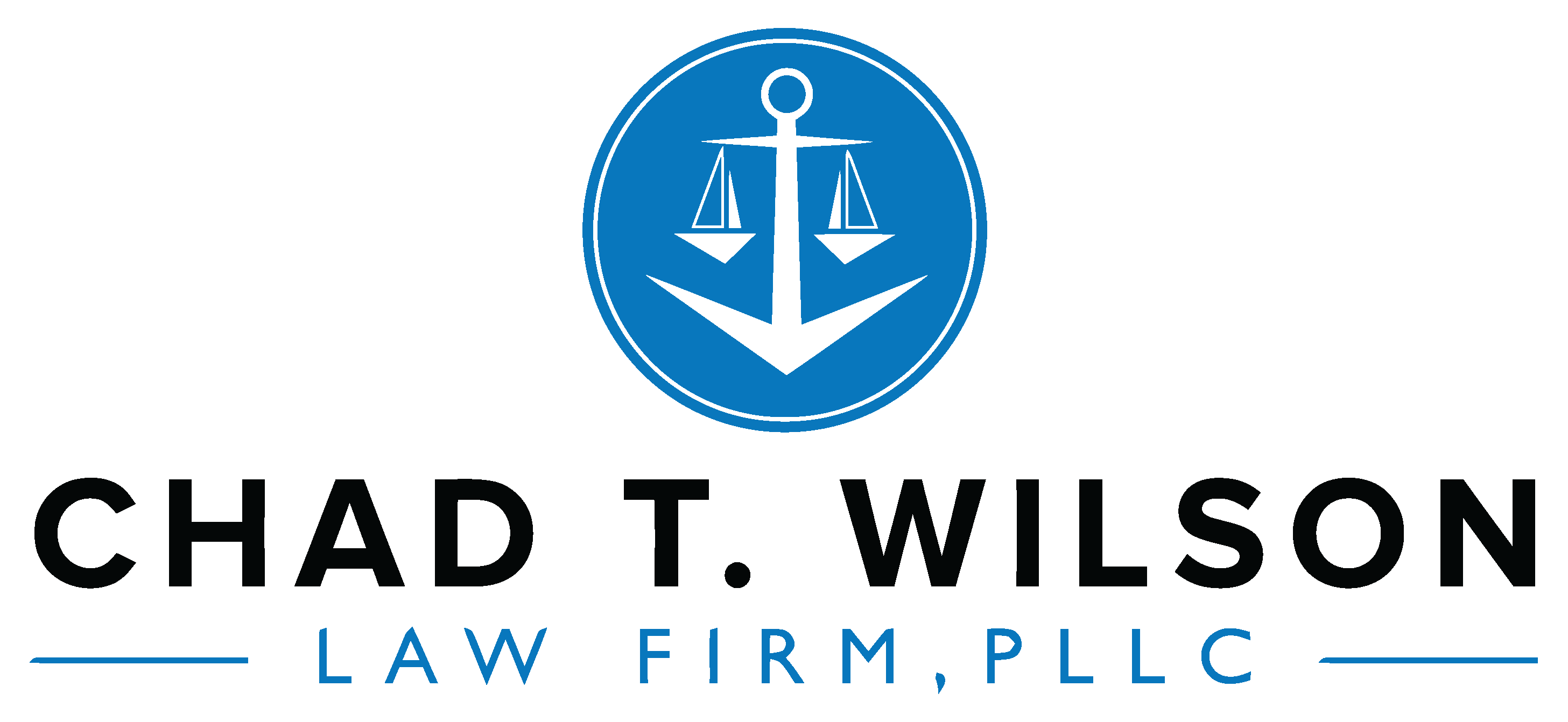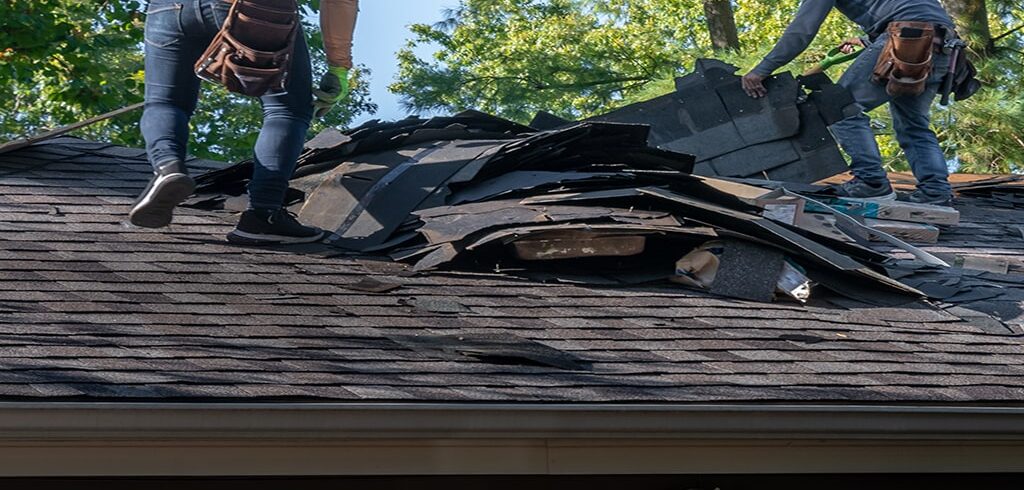
Homeowners Insurance Claim Victory Exceeds Policy Limits
Policy limits put a cap on how much an insurer has to pay for an insurance claim. Policy limits determine the maximum amount an insurer has to pay and are set at the time the insurance policy is written. Some circumstances invalidate policy limits, such as the insurance company’s actions when handling the claim.
For Ruth, policy limits mean something else. On Memorial Day weekend, 2018, Ruth was sitting on her patio when lightning from a developing storm struck a tree in her yard. The tree split in half and crashed into Ruth’s roof, buckling the rafters and causing extensive roof damage. The rain made its way through the massive holes in the roof, saturating all of her belongings in the home. The tree also took out the powerlines going up to her home leaving the residence without power.
Panicked and devastated, Ruth called her insurance company only to be told she would have to wait until the Tuesday after Memorial Day. The lightning strike occurred on Saturday. This meant she would have to go three days without power in her home.
Living out in the country up in North Houston, Ruth did not see many options and hired her own contractors to remove the tree and tarp the roof. Her friends would lend a hand in moving her belongings out of her house so they could dry. Without electricity to the home, Ruth decided to stay with her mom, albeit for a short time until the property damage could be addressed.
The insurance company began their inspection which ended with them saying they would need an engineer to sufficiently assess the damages. At that time, the insurance company wrote her a check for $20,000. Her insurer did not offer to pay her ALE (Additional Living Expenses) because they were under the false impression that Ruth wanted to stay with her mother.
Ruth ended up staying with her mother for 18 months.
At Ruth’s residence, mold began to grow throughout the house because the house was never adequately dried out after the storm. As time passed the mold got worse. The insurance company hired mold experts to evaluate the mold damage. The mold experts agreed that the mold damage was severe but never followed through. A second check for another $20,000 would arrive unexpectedly and with no indication if it was for the mold damage or not.
Frustrated with the results, Ruth hired a public adjuster to help her situation, but the insurance company would not communicate with this adjuster. Determined to hold her insurer accountable, Ruth turned to us. We in turn filed a lawsuit. During negotiations, we discussed how wrong it was for the insurance company to stall and not offer to pay for Ruth’s living expenses instead of her staying with her mother.
The insurer never offered her assistance, an inventory of contents, or took the effort to address the mold damage. The mold damage may not have been a covered peril, but due to the insurance company’s actions, the mold got worse.
Ruth’s case was resolved before going to trial. Negotiating around policy limits was the main issue. Due to the severity of the mold damage, our client felt her damages exceed her policy limits. What should not have been a total loss ended up that way due to the insurer’s inactions. Through our efforts, Ruth was able to rebuild her life and her home. We are happy to have been able to assist Ruth with her home insurance claim and she is grateful to be able to leave the last year and a half of her life behind her.
If your homeowner’s insurance claim has been denied, delayed, or underpaid, call the expert property litigation attorneys at the Chad T. Wilson Law Firm at (832) 415-1432. Maximize your settlement and contact us today!






